Google Will Reportedly Ban Political Ads Before Election In Canada
Jyotis - Mar 11, 2019
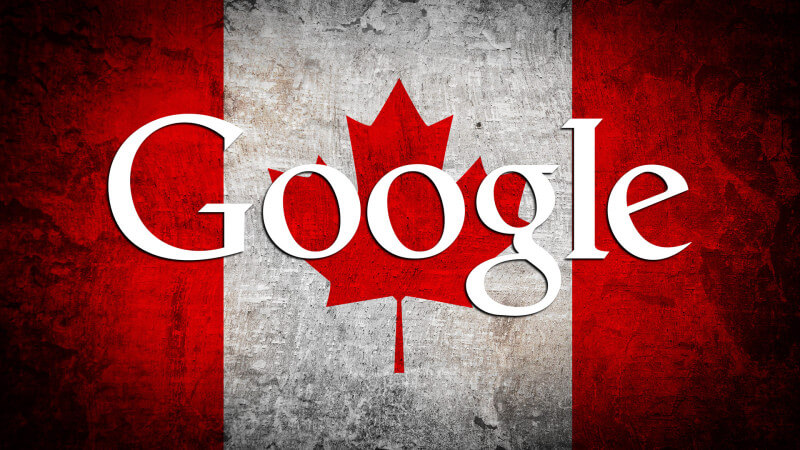
In the framework of Bill C-76, the transparency regulations of advertisements are expected to take effects from June 30, 2019.
- Google's Project Toscana: Elevating Pixel Face Unlock to Rival Apple's Face ID
- Google Offers Voluntary Buyouts to US Employees Amid AI Push
- Google SynthID: Everything You Need to Know About AI Content Detection
After Canada set up strict rules concerning the transparency, the tech giant Google has decided to ban political ads on its own platform before the election in the nation officially takes place nearly eight months later.
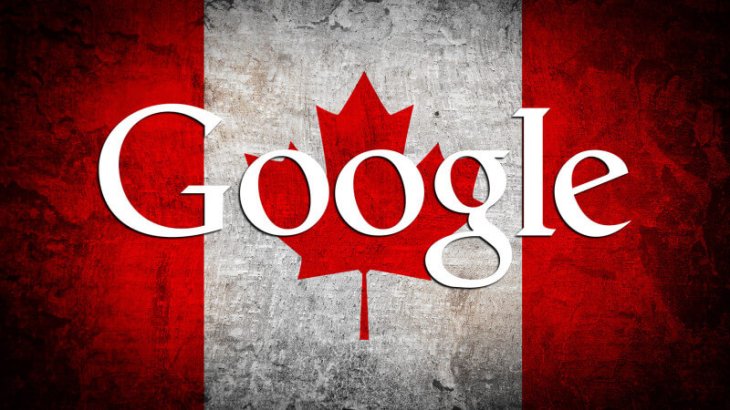
In December 2018, Canada passed the Bill C-76 saying that online platforms would have to register all of the indirectly or directly published advertisements in relation to politics and parties or partisans.
Any violator under any different form will be punished or even imprisoned. In the framework of Bill C-76, the transparency regulations of advertisements are expected to take effects from June 30, 2019.
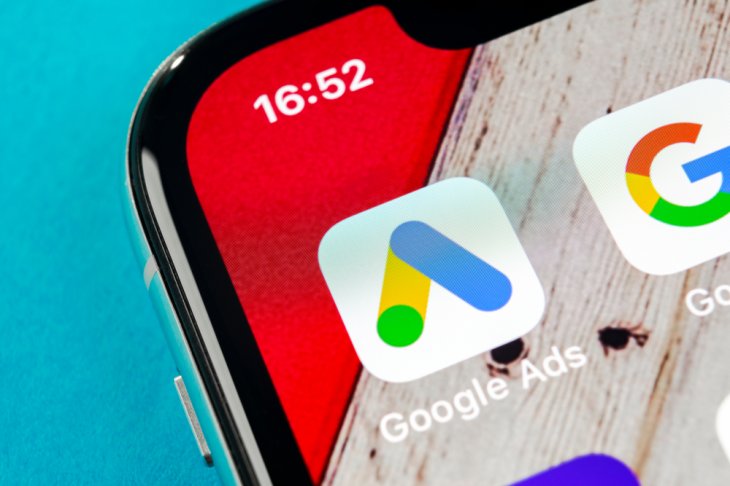
The federal election in the nation will take place in October of this year.
Accordingly, the tech giant plans to change some of its ad systems and policies to prevent advertisers from offering ads that may violate the definitions of Bill C-76.
In addition, YouTube, as well as many other services provided by Google, will keep operating as normal at the time the campaign is happening. These services include platforms and advanced search results.
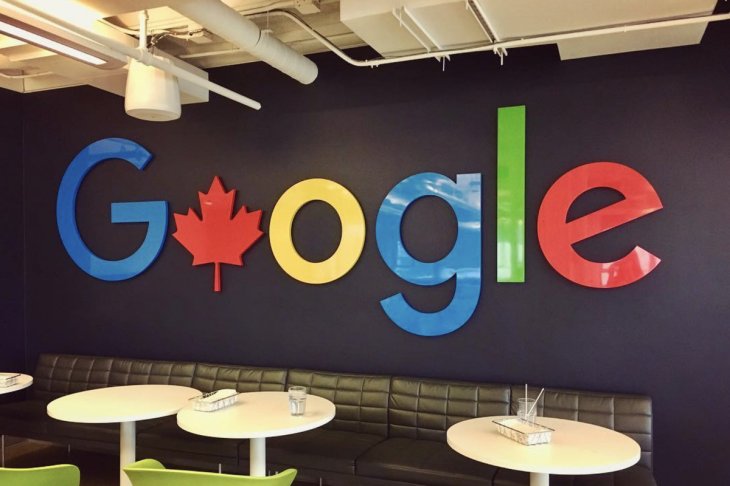
The huge tech company first revealed the Bill in November 2018. It also said that the requirements mentioned in Bill C-76 were too strict, and therefore, online platforms would have a lot of difficulties in complying with.
In 2016, Google occupied 48 percent of the advertisement total on the Internet in Canada while Facebook held only 24 percent.
The Globe and Mail was the first one to offer the report.
Featured Stories

ICT News - Feb 19, 2026
Escalating Costs for NVIDIA RTX 50 Series GPUs: RTX 5090 Tops $5,000, RTX 5060 Ti...

ICT News - Feb 18, 2026
Google's Project Toscana: Elevating Pixel Face Unlock to Rival Apple's Face ID

Mobile - Feb 16, 2026
Xiaomi Launches Affordable Tracker to Compete with Apple's AirTag

ICT News - Feb 15, 2026
X Platform Poised to Introduce In-App Crypto and Stock Trading Soon

ICT News - Feb 13, 2026
Elon Musk Pivots: SpaceX Prioritizes Lunar Metropolis Over Martian Colony

ICT News - Feb 10, 2026
Discord's Teen Safety Sham: Why This Data Leak Magnet Isn't Worth Your Trust...

ICT News - Feb 09, 2026
PS6 Rumors: Game-Changing Specs Poised to Transform Console Play

ICT News - Feb 08, 2026
Is Elon Musk on the Path to Becoming the World's First Trillionaire?
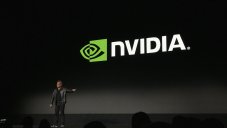
ICT News - Feb 07, 2026
NVIDIA's Gaming GPU Drought: No New Releases in 2026 as AI Takes Priority

ICT News - Feb 06, 2026
Elon Musk Clarifies: No Starlink Phone in Development at SpaceX
Read more

Mobile- Feb 17, 2026
Anticipating the Samsung Galaxy S26 and S26+: Key Rumors and Specs
The Samsung Galaxy S26 series is on the horizon, sparking excitement among tech enthusiasts.

ICT News- Feb 19, 2026
Escalating Costs for NVIDIA RTX 50 Series GPUs: RTX 5090 Tops $5,000, RTX 5060 Ti Closes in on RTX 5070 Pricing
As the RTX 50 series continues to push boundaries in gaming and AI, these price trends raise questions about accessibility for average gamers.

ICT News- Feb 18, 2026
Google's Project Toscana: Elevating Pixel Face Unlock to Rival Apple's Face ID
As the smartphone landscape evolves, Google's push toward superior face unlock technology underscores its ambition to close the gap with Apple in user security and convenience.
Comments
Sort by Newest | Popular